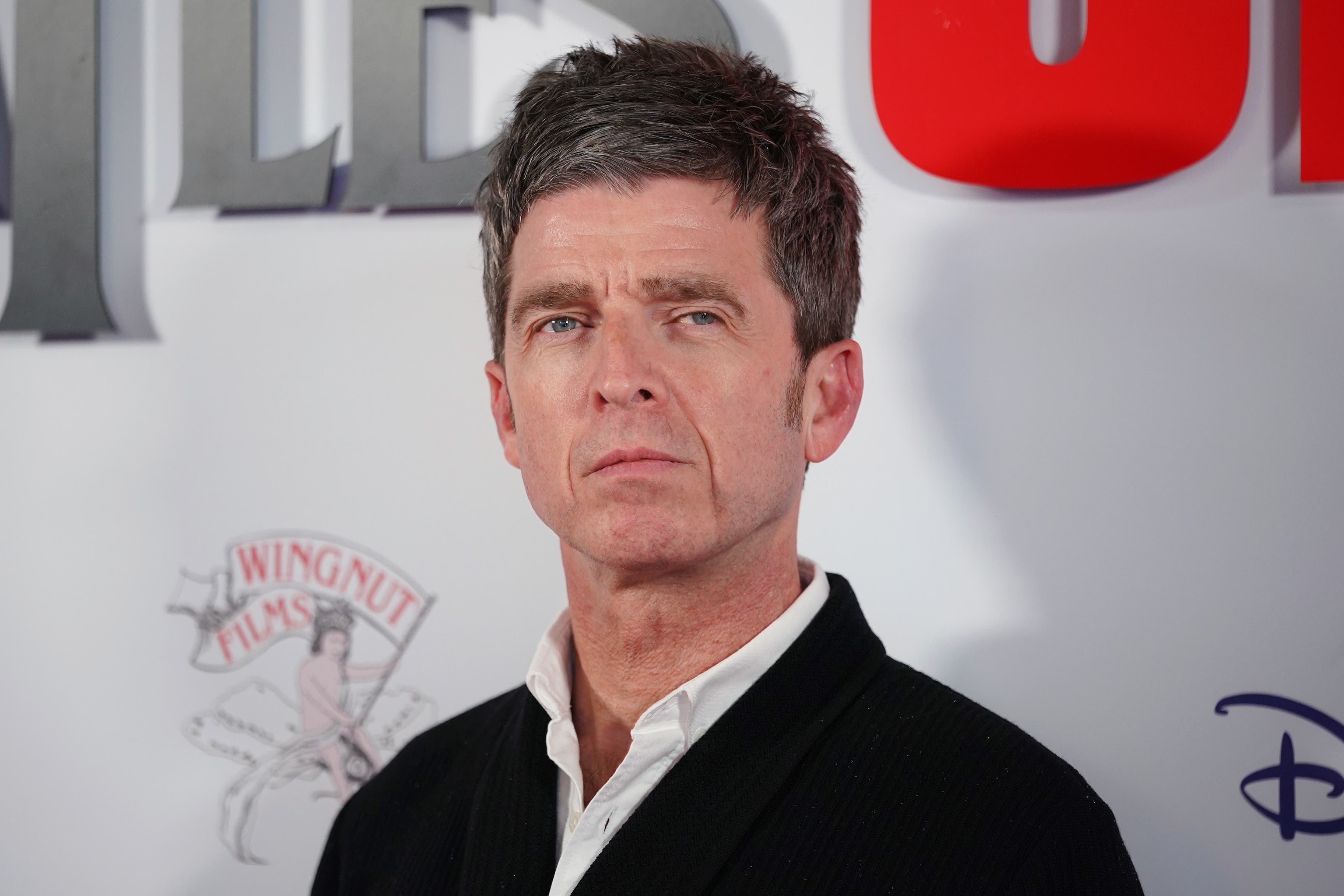What’s a nepo baby and is it natural to help your kids out?
Noel Gallagher says helping your kids out is human nature. Lisa Salmon looks into the nepo debate.

Your support helps us to tell the story
From reproductive rights to climate change to Big Tech, The Independent is on the ground when the story is developing. Whether it's investigating the financials of Elon Musk's pro-Trump PAC or producing our latest documentary, 'The A Word', which shines a light on the American women fighting for reproductive rights, we know how important it is to parse out the facts from the messaging.
At such a critical moment in US history, we need reporters on the ground. Your donation allows us to keep sending journalists to speak to both sides of the story.
The Independent is trusted by Americans across the entire political spectrum. And unlike many other quality news outlets, we choose not to lock Americans out of our reporting and analysis with paywalls. We believe quality journalism should be available to everyone, paid for by those who can afford it.
Your support makes all the difference.You may never have heard of a ‘nepo baby’. But there are plenty of them around, and they’re usually very rich and famous.
They are the successful children of celebrities, whose parents’ famous names and glittering showbiz connections have helped them either become celebrities themselves, or become very successful in a related career.
Nepo is short for nepotism, which the Collins English Dictionary defines as ‘The unfair use of power in order to get jobs or other benefits for your family or friends.’
Now celebrities like Noel Gallagher – dad to nepo baby Anaïs – and Lily Allen, a nepo baby herself as the daughter of actor Keith Allen, have weighed into the debate themselves.
Talking to the Radio X Evening Show about his 22-year-old daughter taking photos when he was making a record in the studio, Gallagher said: “The whole nepotism thing, I mean it’s human nature to help your children out.
“She’s good at what she does, her photographs are really, really good and if she was terrible, I wouldn’t be doing it for the sake of it, because I think if you’re knowingly just giving your kids something to do and they’re not really good at it, I don’t think that’s very healthy.”
While Lily Allen posted Twitter: “The nepo babies y’all should be worrying about are the ones working for legal firms, the ones working for banks, and the ones working in politics, If we’re talking about real world consequences and robbing people of opportunity. But that’s none of my business.”
She added: “And before you come at me for being a nepo baby myself, I will be the first to tell you that I literally deserve nothing.”
And although the issue may be a little galling for talented people who work hard but don’t have famous parents to give them a leg-up, is Gallagher right about it simply being human nature to help your kids out?
“It’s not often I agree with Noel Gallagher, but he’s got a point,” says Dr Sandra Wheatley, a social psychologist with a special interest in children and families (drsandrawheatley.com). “As a parent, you do everything you can to help your child, and if you’re lucky enough to share an interest with your child, then that’s great – isn’t having something in common with your child what lots of us really aspire to?
“Nepotism has been around forever, and it’s so ingrained in us that it’s evolved and it becomes ‘natural’.”
As well as Anaïs Gallagher and Lily Allen, other nepo babies include Dakota Johnson (daughter of actors Don Johnson and Melanie Griffith), Zoë Kravitz (daughter of Lenny Kravitz and Lisa Bonet), Kate Hudson (daughter of Goldie Hawn and singer Bill Hudson) and Jamie Lee Curtis (daughter of actors Tony Curtis and Janet Leigh).
But Wheatley points out that it’s not just the celebrity parents who grease the pole for their aspirational kids – the people surrounding them are also instrumental in a nepo baby’s success.
“If somebody isn’t all that able in the way their parents are, but the people around them choose to be sycophantic and tell them they’re wonderful when they’re not, there’s not a lot you can do about it,” she says.
“But if the acorn hasn’t fallen far from the tree, and somebody truly has an outstanding ability, it can almost work in reverse and people might feel they shouldn’t help them, and that’s equally as bad – there can be a negative effect as well as a positive effect.”
The bottom line is, though, that usually people who succeed have some degree of talent, whether their parents are famous or not.
Wheatley adds: “If you treat somebody as the individual they are, with the capabilities they have, you’re not going to go far wrong. If somebody tells the child of a celebrity they’re wonderful just because of who their parents are, they’re setting them up for a fall – how cruel is that?”